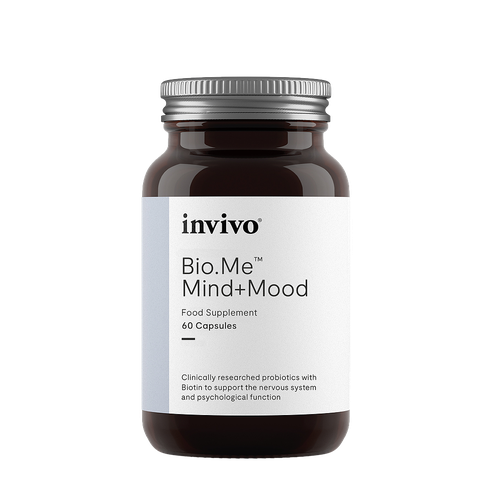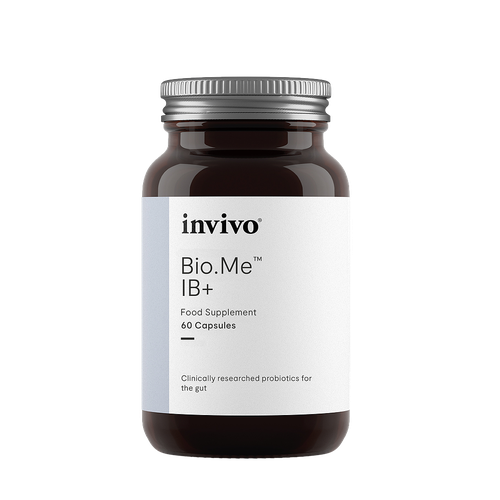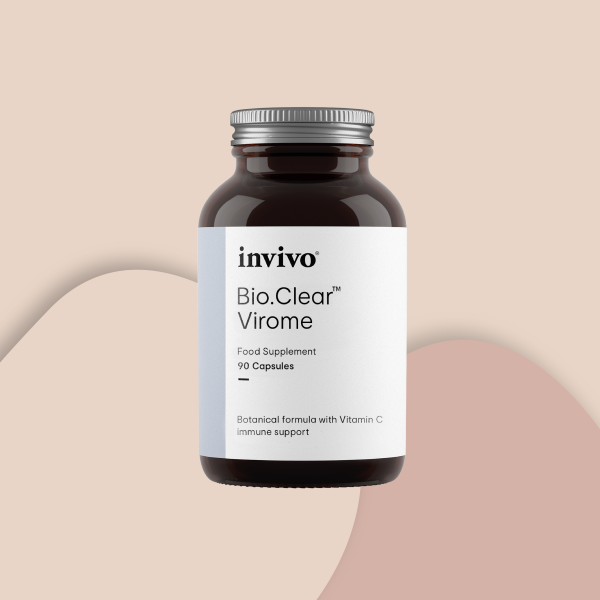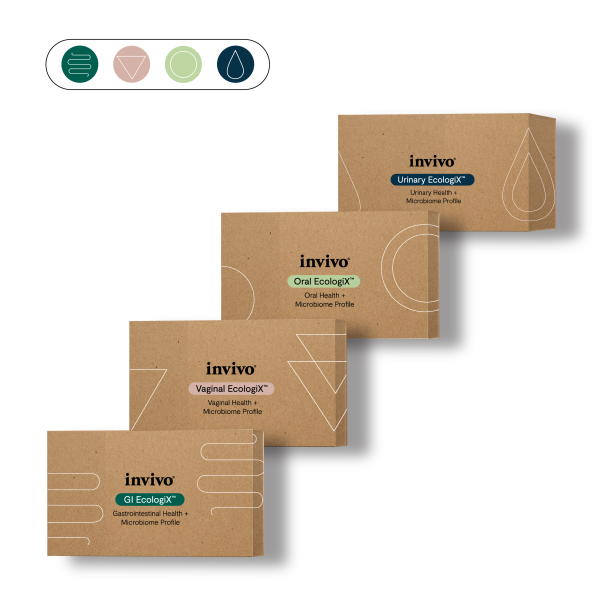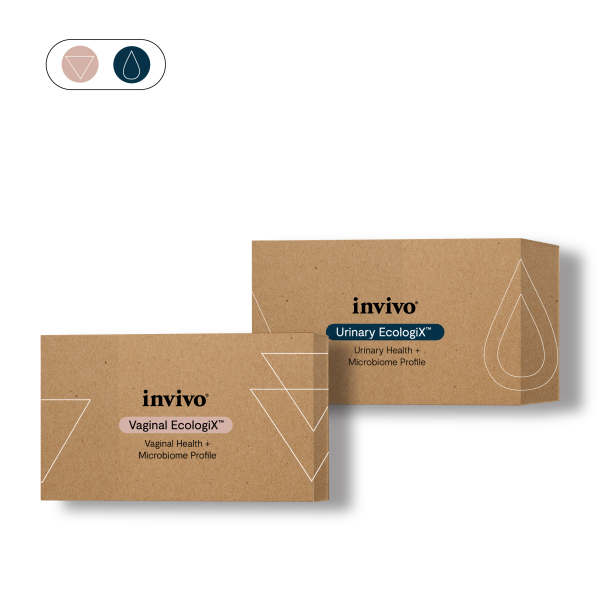We have recently shared our probiotic partner’s – Winclove – view on probiotics and coronavirus. In times where both the scientific and medical community are working extremely hard to better understand the virus and decide the best approach to overcome this pandemic, it is too preliminary to conclude if and how probiotics can contribute. There is very little, to no, evidence that the microbiome or probiotics can directly decrease the infection rate of this highly infective COVID-19 virus. It is expected that the effect of probiotics on the impact of this virus lies not within direct inhibition of the virus itself, but by supporting the immune system in its fight against the virus.
For this reason, probiotics may play a significant supportive role in supporting the immune system via stimulation of interleukin-10 (IL-10) and improving the intestinal barrier – one of our primary lines of defence.
The Gut Microbiota & Immunity
We do not live alone! In fact we are more bacteria than we are ‘human’, and these bacteria live in our intestines, on our skin, in our mouth, ears, genitals, and every other imaginable spot that is in contact with the outside world. This collection of bacteria – and other microbes (viruses, fungi, worms) is known as the human microbiota.
Both humans and our microbes benefit from this collaboration as we provide them nutrients and they help digest our food, regulate our immune system, produce vitamins, and defend us against pathogens. We typically associate the microbiota with our intestinal tract, and for a good reason since our gut harbours trillions of bacteria, but now we begin to understand that our gut microbiota has essential roles that extend far beyond the gut. For instance, the human gut microbiota plays a crucial role in the establishment and maintenance of a well-functioning immune system1. This makes sense when you realise that the most substantial part of all immune cells in our body (60-70%) is located around our intestine.
Today it is well established that the gut microbiota has an important role in the development and maintenance of local2,3 and systemic innate and adaptive immune responses4. Evidence for the key role of microbes in shaping immune function was first demonstrated in studies with germ-free (posess no microbial species) mice, which had an underdeveloped innate and adaptive immune system5 and reduced expression of antimicrobial peptides6 and IgA7. The intestinal microbiota appears to be critical for the development of an optimally functioning immune system. Various studies have shown that individual species of the microbiota can induce very different types of immune cells (e.g. Th17 cells, Foxp3(+) regulatory T cells) and responses. This suggests that the composition of the microbiota can have an important influence on the immune response and in preventing infectious, inflammatory, and endocrine diseases.
Probiotics & Immunity
Since the observation of the crucial interaction between the microbiota and human immune system (host-microbiome interactions), attempts have been made to positively steer the development of immune function by administrating specific beneficial microorganisms, known as probiotics, that can eventually prevent or treat immune-associated disease.
Probiotics are known as “live microorganisms that when administrate in adequate amounts confer health benefits on the host”8. Many probiotic bacteria are lactobacilli and bifidobacteria that originate either from the human microbiota itself or from the environment. Probiotics may be able to prevent and restore disturbances in the microbiota and/or positively influence disturbed physiological processes.
Probiotics support the functioning of the immune system by influencing the microbiota, the production of bioactive compounds, enhancement of the mucosal barrier function and by direct modulation of the immune system. Numerous studies have shown that probiotics can regulate host innate and adaptive immune responses by modulating the functions of dendritic cells, macrophages, and T and B lymphocytes9. These effects are strongly strain-specific. Some probiotic strains have been shown to induce cytokine production by Treg cells, regulating the differentiation of Th1 or Th2 response. The value of this regulation is also shown clinically, for example, probiotics can positively steer the immune system of the neonate and therefore prevent allergy after birth by modulating the immune system10,11.
There are many things you can do to stay healthy and support your immune system; eating healthily with an abundance of fibres and polyphenols, exercising, meditating and getting adequate sleep. It is no coincidence that these aspects also have a positive influence on our microbiota. Adding probiotics is another way to support your immune system and thus your health. The evidence for this comes from numerous studies that have shown increased resistance to infectious and inflammatory diseases with probiotic intervention12.
